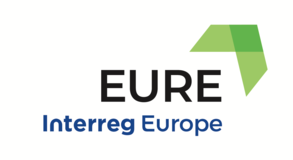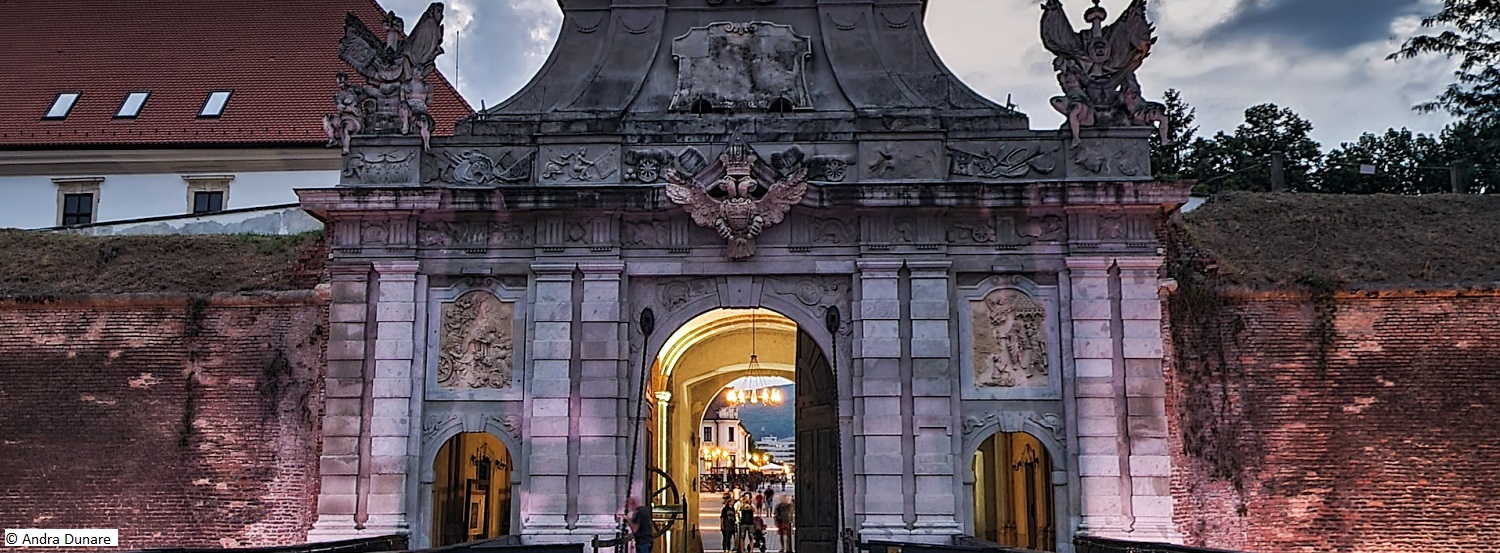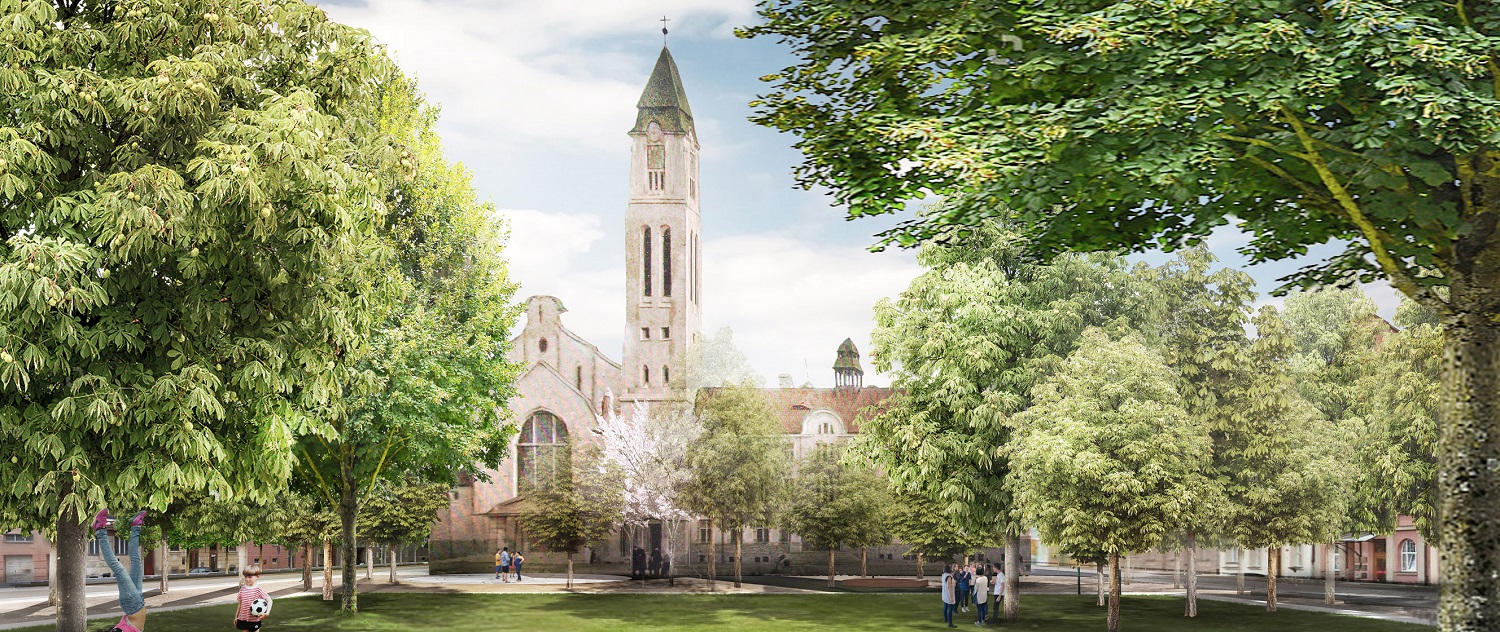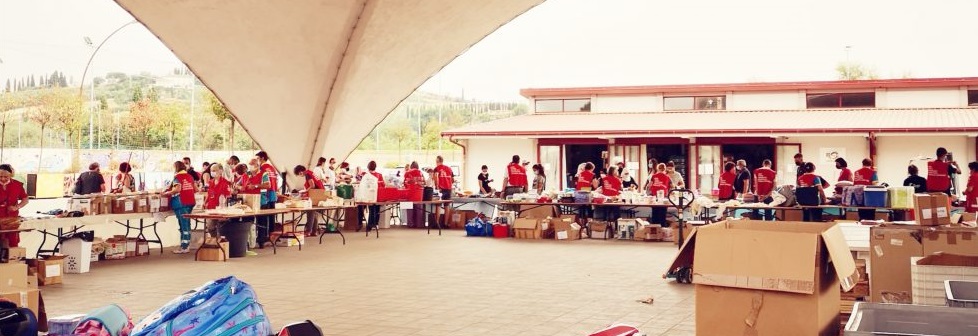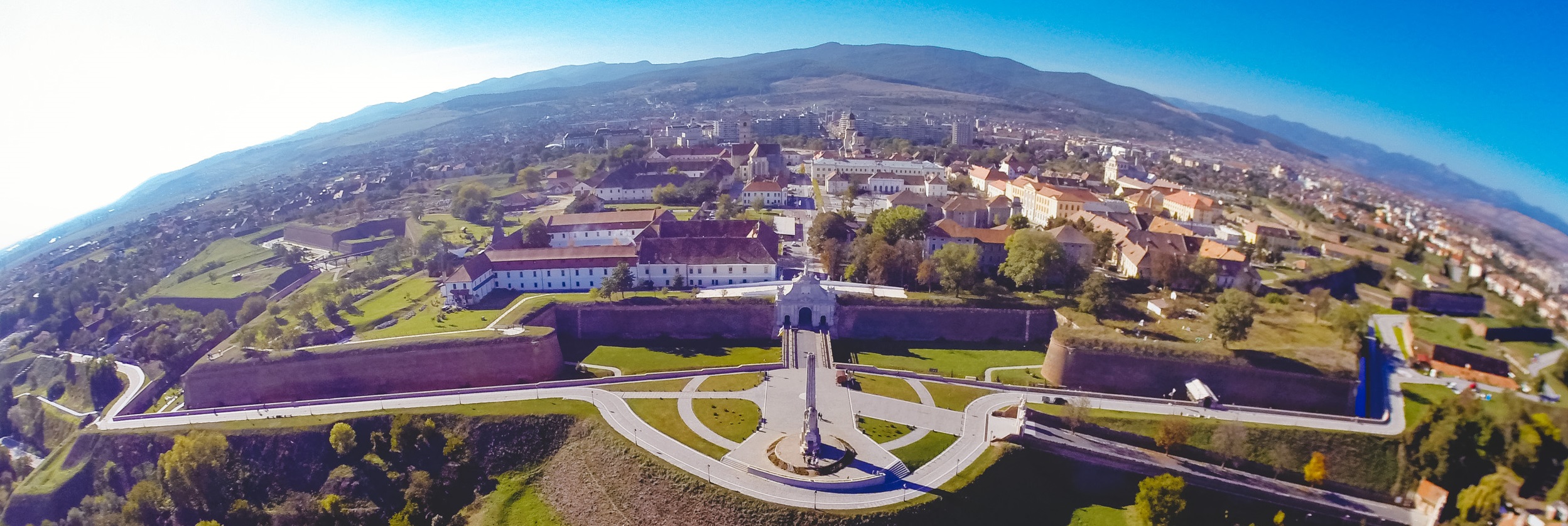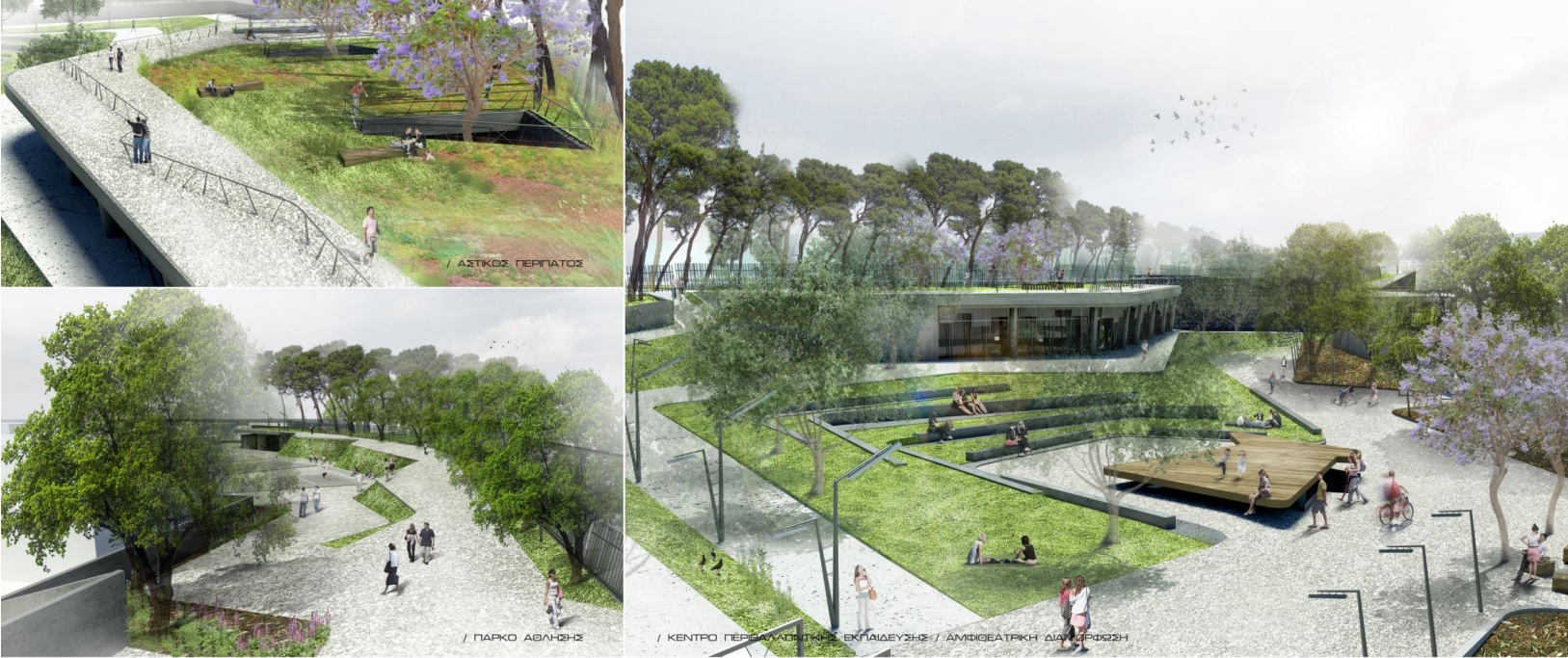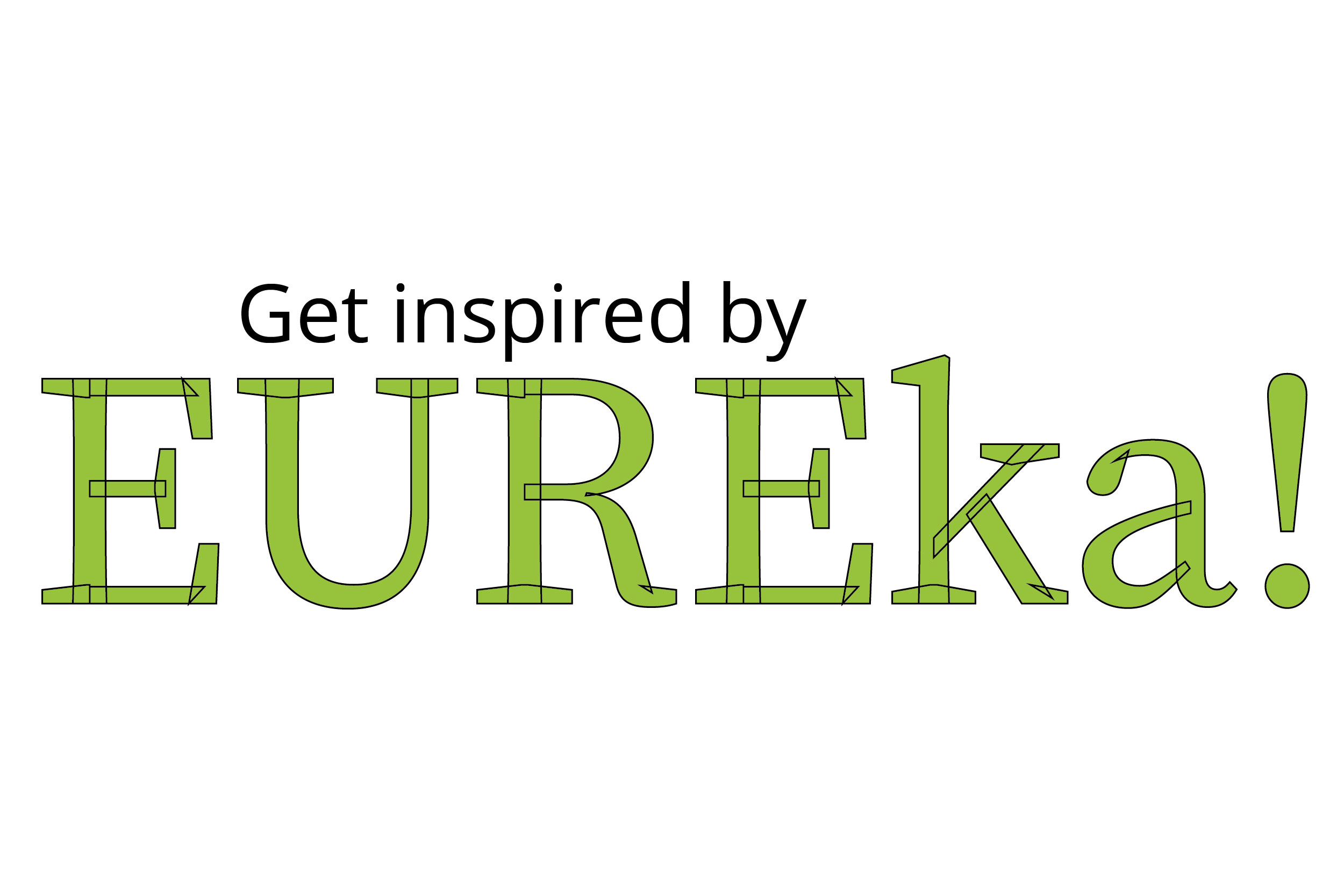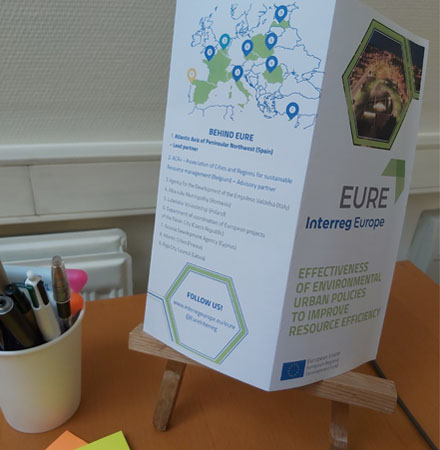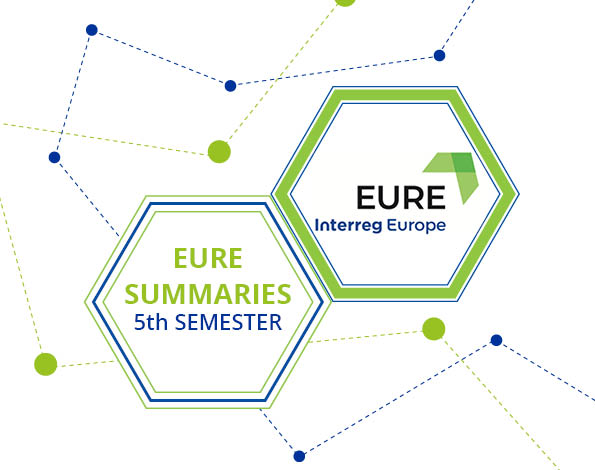Europe Union and its Member States are committed to the UN’s 2030 agenda for sustainable development. There is now a sense of emergency to move forward as 10 years remain to reach the targets in 2030.
A global vision has been politically pushing for a territorial approach against sectorial and siloed policies, considered as a prerequisite to actually shift to sustainability.
Cities are at the forefront and dedicated indicators have been specifically prepared for monitoring urban sustainable development.
Smart cities are expected to play a key role to achieve SDGs, shifting themselves to smart sustainable cities. In the last few years, the European Commission has spent a massive budget on smart cities but the numerous trial driven projects did not really contribute to the creation of a scalable market.
Urban data platforms are crucial to improving policies and decision-making but are often proprietary and bespoke-based solutions or focusing only on a few particular use cases.
Recently, a large public-private movement has gained momentum both at European and global levels to support interoperable digital platforms based on open standards in order to scale up monitoring tools, a necessity to achieve the SDGs.
However, digital tools are not the only way to support a new governance model. Citizens should be also engaged in deliberative processes. Civic techs could certainly be a real opportunity if no one is excluded; people should be massively educated to digital skills. Moreover, new methodologies should be also promoted to make democratic processes more inclusive and efficient, such as participatory budget, neighbourhood social networks or the rising deliberative mini-public debates.
What cities can do to move towards a sustainable development
Thanks to the preparation of European guidelines and suitable indicators, cities have now the opportunity to prepare their own voluntary local reviews (VLR), part and parcel of the required voluntary national review.
For city leaders, this global ambition is a real opportunity to incite their administrations to work beyond silos and engage collaboration with other municipalities so as to deliver holistic policies at the appropriate functional scale.
In this effort, existing tools and standards could help tackle integration and policy coherence.
Once the appropriate policy framework is in place, urban authorities should accelerate the shift to a smart city approach and inevitably by setting up an urban data platform, which could play a key role to follow up policies integration at political level.
Furthermore, cities must include the civil society in their vision and not only let smart cities’ algorithms lead any decision-making process. On one hand, digital platforms should use open standards to facilitate access to business ecosystems. On the other hand, citizens should be empowered through digital education and be encouraged to participate. Civic techs support a more bottom-up approach in cities, replacing the old bureaucratic and formal style of participation.
Digital tools can virtually support participatory processes but in-person events are still the best constructive way to build trust. Thanks to the civic lottery, citizens’ councils and large-scale mini-public debates aiming to co-create a common vision seem to draw the future of urban democracy.
If you want to know more on the role that cities play in moving towards a sustainable development, read the episodes of the expert’s pills:
- Episode 1: Sustainable development ;
- Episode 2: Smart cities ;
- Episode 3: Urban data platform;
- Episode 4: Digital cities.
